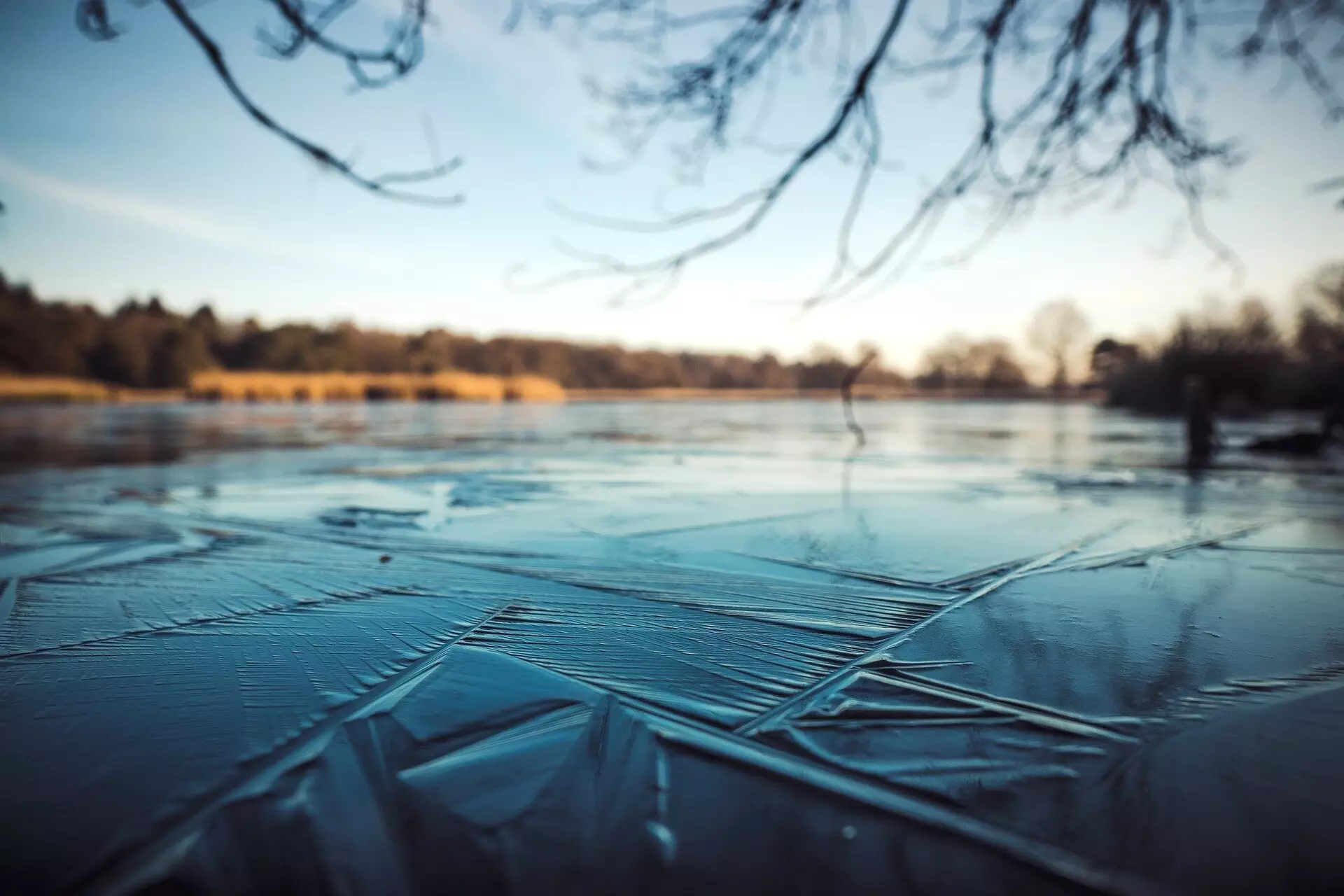The ongoing transformations within Earth’s freshwater ecosystems, particularly in the context of climate change, are becoming increasingly problematic. Recent studies indicate that many of the world’s freshwater lakes are experiencing notable alterations in ice coverage, primarily resulting in shorter freezing durations each winter. This phenomenon raises serious concerns about water quality, biodiversity, and human safety, highlighting the urgent need for further investigation into wintertime freshwater ecology. This situation is underscored by an international review led by Stephanie Hampton at Carnegie Science, which reveals alarming trends affecting freshwater ecosystems, with significant implications for both environmental health and human communities.
The Alarming Shift in Ice Duration
Freshwater lakes, which are a vital resource for both ecological balance and human sustenance, are facing unprecedented changes. Over the past 25 years, findings suggest that these lakes are melting up to a month earlier than historical norms. According to Hampton, the duration of ice cover across thousands of lakes has decreased significantly, with a staggering reduction of around 31 days observed over the last 165 years. The implications of this change are profound. Many regions that historically relied on predictable ice cover for activities such as fishing, recreation, and even as transport routes are now grappling with the unpredictability that accompanies ice-free winters. The cultural and spiritual significance of these lakes, particularly for communities that have depended on them for generations, cannot be understated.
The Ecological Repercussions
The ramifications of reduced ice cover extend far beyond human activity. The ecological vitality of these freshwater systems is in jeopardy. Ice cover not only serves to insulate lake waters during winters, but it also plays a critical role in regulating biogeochemical processes and controlling microbial metabolism. As temperatures rise and ice does not form as consistently, there are looming dangers, such as the proliferation of harmful algal blooms. Instances of cyanobacterial blooms—often triggered by higher water temperatures—threaten both aquatic organisms and humans by impacting water quality. These blooms deplete oxygen levels, potentially releasing harmful metals from lake sediments while creating a cascade of adverse ecological effects.
Exacerbating these water quality issues is the potential impact on biodiversity within lake ecosystems. The alterations in temperature and ice conditions create a welcoming environment for invasive species to thrive, while native cold-water fish and other organisms are placed at significant risk. Changes in species composition threaten the delicate balance maintained in these ecosystems, further underscoring the urgent need for comprehensive research into these developments.
Interestingly, the loss of ice cover in lakes also has far-reaching implications for the global carbon cycle. While ice can facilitate the sequestration of atmospheric carbon, melting ice exposes fresh water to warmer conditions, leading to an increase in greenhouse gas emissions, including methane and nitrous oxide. The reduced ice cover also causes heightened evaporation rates and can generate more extreme weather patterns, such as increased snowfall and erosion risks for communities situated near these freshwater resources.
Hampton’s team emphasizes that the wintertime ecological dynamics of lakes must be studied more extensively to grasp the multifaceted risks posed by ice loss. Historically, winter investigations have faced challenges, including logistical difficulties and safety concerns. However, as we grow aware of the rapid shifts occurring in these systems, it is imperative that we cultivate an understanding of the role winter plays in the health of these environments.
Efforts are underway to promote safer research methodologies for studying iced-over lakes. Initiatives like the “winter school” held in Wisconsin aim to equip early-career researchers with the skills necessary for conducting winter fieldwork, fostering a new generation of scientists focused on this critical but under-explored facet of freshwater ecology.
The implications of changing lake ice duration due to climate change can no longer be overlooked. Efforts to study and understand the consequences of these changes are vital for effective mitigation strategies. With over a billion people living near lakes impacted by shifting ice dynamics, the consequences are far-reaching, affecting not just ecosystems but also the cultural and social fabric of communities worldwide. To navigate the complexities of these issues, future research must deepen our understanding of winter ecology in lakes, elucidating their significance in an increasingly warming world. As we invest in this area of research, we can hope to devise sustainable solutions that protect both our freshwater resources and the communities that rely upon them.


Leave a Reply